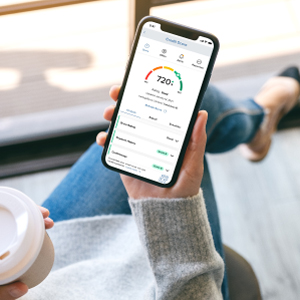Fraud Awareness Month - Basecamp Newsletter
Welcome to the Fraud Awareness Month special edition of Basecamp! Each month, we bring subscribers free tips and strategies to improve their financial well-being, plus some insight into all the resources that P1FCU members have access to. Wrapping up Fraud Awareness Month, we're sending each member this special edition of our Basecamp Newsletter to help you keep your information secure and steer clear of scams and fraud. If you'd like to receive monthly financial literacy tips and exclusive content, subscribe below.


Fraud is on the rise, and scammers keep getting sneakier. In our latest episode of Making Sense of Money, we sat down with Detective Tyler Crane from the Lewiston Police Department to talk about the fraud they have seen, how to spot red flags, and why trusting your gut could save you thousands of dollars. With March being Fraud Awareness Month, there is no better time to sharpen your fraud-fighting knowledge and protect yourself from scams.
Scams Have Increased With Technology
Watch Out For The Big Red Flags
Detective Crane shared some straightforward advice. If someone is asking you to:
- Pay with cryptocurrency
- Buy iTunes or gift cards
- Share your Social Security number or bank account info over the phone
It's likely a scam.
Criminals often spoof phone numbers to look legit or pose as a boss or banking representative to trick people into urgent action. Slow down and double-check before sharing anything.
Crane explains that cryptocurrency is especially tricky because it's harder to trace than traditional bank transfers. "It's much more difficult than working with banks," he says. Once someone sends money via crypto, that money is gone and cannot be retrieved.
What is Detective Crane's #1 Tip? Click below to read the full article.

More About Fraud
Protecting our members from fraud is one of our most important goals. With fraudsters more prominent than ever, our education must constantly be adapting. Below are some resources we offer that can help you protect yourself.


